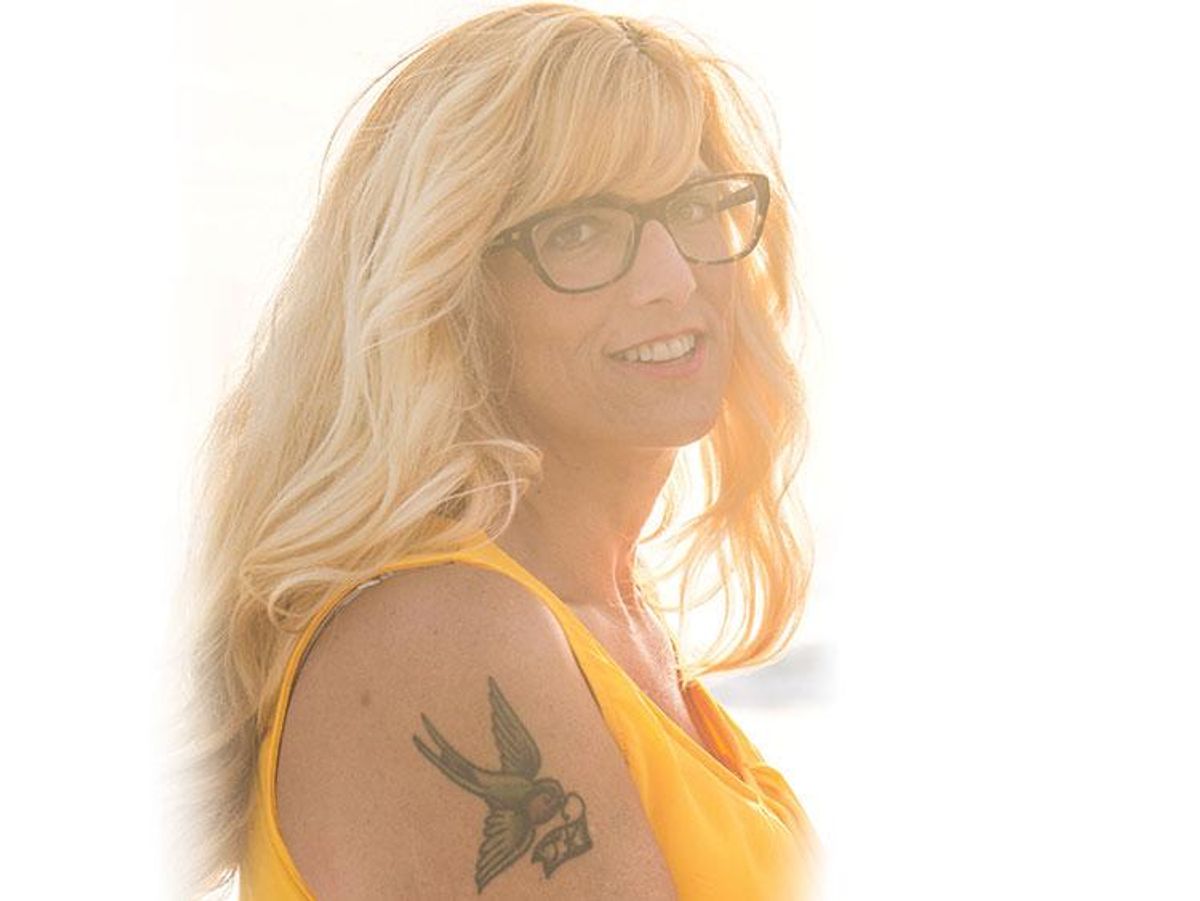Editor's Column
How The Media Covers HIV Impacts All of Us

Here's hoping our cover story on DeMarco Majors is the right way.
May 29 2017 9:52 PM EST
By continuing to use our site, you agree to our Privacy Policy and Terms of Use.

Here's hoping our cover story on DeMarco Majors is the right way.
It’s a Sunday morning before we go to press, and a Google alert pops up in my Slack: “Top sports star investigated by cops over allegations he infected ex-lover with HIV.” It’s from the conservative British tabloid, The Sun, a dubious publication that talks about female celebs with headlines like, “Tam is a Man Eater.” I know to generally ignore them.
But the fact that this anonymous gossip item is a headline that will reach millions of readers, is a reminder that coming out as poz can still be tough as hell. In addition, HIV criminalization continues to do serious damage and the way the media talks about HIV (e.g. his “infected ex-lover”) influences how both HIV-negative and positive people view the virus.
Two handsome men in this issue of Plus — our magnificent cover star, DeMarco Majors, and our resistance warrior, Jorge Diaz — reminded me of those things as well. For Majors, this interview is the first time he’s publicly spoken about being HIV-positive, something he’s been struggling with for a while.
Majors was one of the first out gay pro men’s basketball players. He played internationally and in the American Basketball Association. (John Amaechi, then retired, and Jason Collins, not yet retired, were the first out gay NBA players). Later, Logo’s reality show, Shirts & Skins, followed Majors and his Rock Dogs b-ball team as they trained to go for the gold at the 2006 Gay Games.
Reality TV gave way to acting and modeling. (He was the nearly-naked star at his first New York Fashion Week, and the cover shoot he did for us was so awesome, we could barely pick a cover!) Up next, a film he’s writing and directing. Majors felt he had a lot to lose — but more to gain — in sharing his story about growing up in poverty, facing addiction and sexual assault, and living with HIV.
Another gay man of color, Jorge Diaz, the son of Latino immigrants, was afraid to disclose his HIV status when he was diagnosed at 21. Fear of rejection, shame, and stigma held him back—and led to treatment failure and medication resistance. But today, he’s a warrior, not just with his treatment regime, but also in the community. The one-time go-go dancer turned his master’s degree from the University of California Los Angeles into a career. He now helps other Latinos deal with HIV from a “whole person” perspective at Bienestar. What got him through? His mom, who has been his champion since he came out to her a year after his diagnosis and 7 months after his first treatment failed.
This is also our annual treatment guide, in which we list available HIV and hepatitis C treatments, detailing the dosages, usages, contraindications, and side effects so you — and your doctor — can determine the treatment that works best for you.
Getting on treatment is tough, but finding a way to adhere to that treatment can be tougher. To do it right, you need to process your emotions and find someone who can help you. Fear of rejection is often worse than the reality. If you can’t rely on an extended family like Diaz, remember that guys like him are ready to talk. You’re more than your viral load, your monthly lab tests, or your diagnosis. You’re the same great person, with a virus and a new medication regime. If you don’t know that yet, please seek out a counselor (many clinics offer free or sliding scale therapy), a local HIV support group (find anonymous groups through ProjectInform.org), peer-to-peer online support (try Therapy Tribe), or 24-hour HIV Nightline’s toll-free line (800-628-9240). Nightline talks to about 15,000 people a year, and you can call for any reason related to HIV, AIDS, unsafe sexual encounters, and more.
Be safe, be well, be happy.